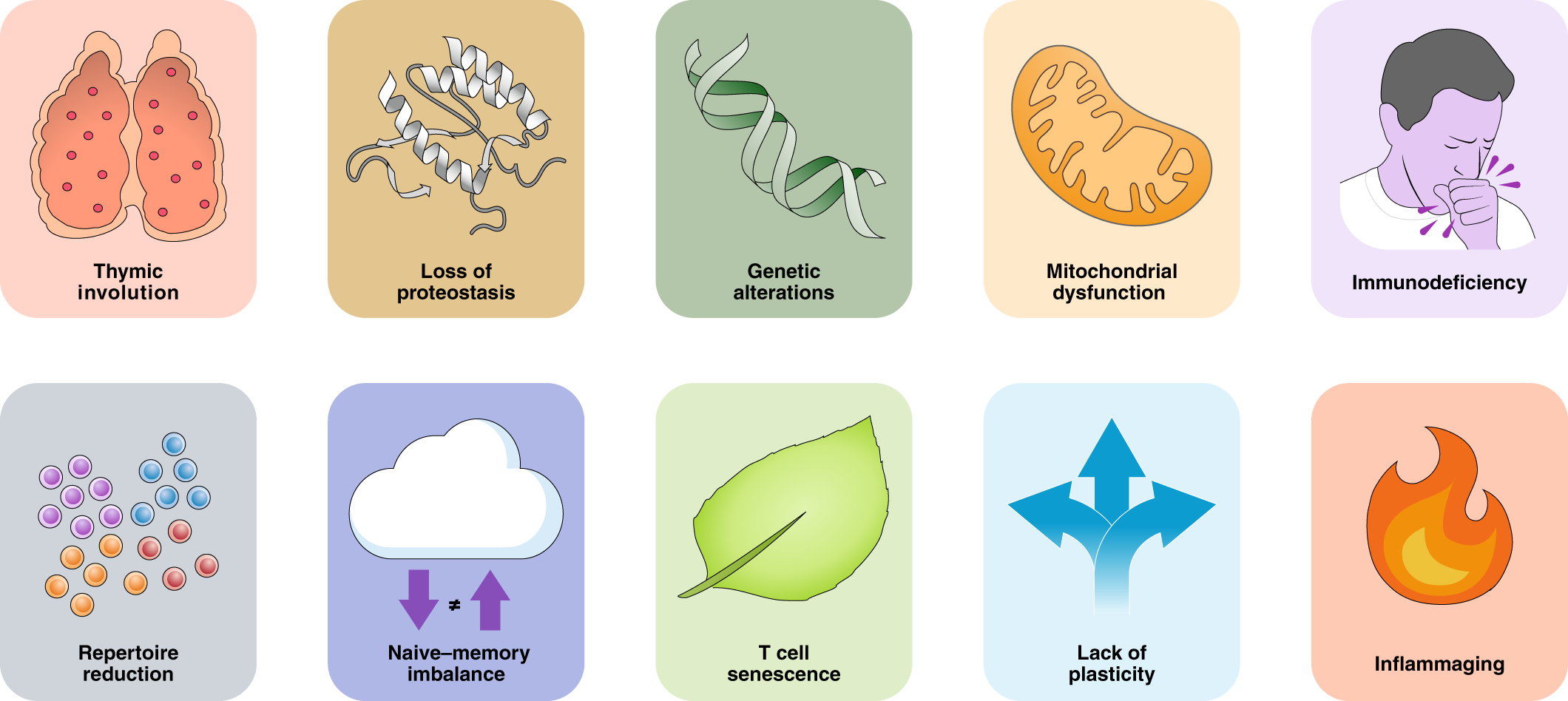Micronutrient Testing: Unveiling the Power of Essential Nutrients
Micronutrient Testing: Unveiling the Power of Essential Nutrients
Micronutrient Testing | 04 Aug 2023

Introduction:
We all know that proper nutrition is essential for overall health, but did you know that our bodies require a delicate balance of micronutrients for optimal functioning? Micronutrient testing is a valuable diagnostic tool that helps uncover deficiencies and imbalances in essential vitamins, minerals, and antioxidants. In this article, we delve into the reasons behind micronutrient testing and how patients can benefit from this insightful approach.
The Significance of Micronutrients:
Micronutrients, including vitamins, minerals, and antioxidants, play a crucial role in maintaining various bodily functions. They support energy production, immune system strength, cognitive function, hormone balance, and much more. Imbalances or deficiencies in these micronutrients can lead to a wide range of health issues.
Key Benefits of Micronutrient Testing:
1. Personalized Nutritional Assessment: Micronutrient testing provides a comprehensive analysis of an individual's nutrient status. By identifying deficiencies or excesses, healthcare providers can tailor dietary recommendations and supplementation to address specific needs, promoting optimal health.
2. Prevention and Early Intervention: Micronutrient imbalances can manifest silently, often without apparent symptoms. Testing allows for early detection, enabling healthcare providers to intervene before health problems develop. Proactive measures, such as targeted supplementation or dietary modifications, can help prevent future complications.
3. Enhanced Performance and Vitality: Micronutrient deficiencies can impact energy levels, cognitive function, and overall vitality. By identifying and correcting these deficiencies, patients may experience improved focus, enhanced physical performance, and increased overall well-being.
4. Supporting Chronic Conditions: Many chronic health conditions are influenced by micronutrient imbalances. Micronutrient testing helps uncover potential nutrient deficiencies that may be exacerbating symptoms or contributing to the progression of the condition. Correcting these imbalances can complement existing treatment plans and support overall management.
5. Tracking Progress and Optimization: Micronutrient testing serves as a baseline for assessing progress. Periodic retesting allows healthcare providers to evaluate the effectiveness of interventions, adjust treatment plans if necessary, and optimize nutrient status over time.
Conclusion:
Micronutrient testing is a powerful tool that provides valuable insights into an individual's nutrient status. By detecting deficiencies and imbalances, healthcare providers can design personalized interventions to optimize health, prevent future complications, and support overall well-being. Embrace the benefits of micronutrient testing and unlock the potential of essential nutrients for a vibrant, thriving life. #MicronutrientTesting #NutrientBalance #OptimalHealth
Contact Us
Let’s Connect












